[DISCLAIMER] This post touches on sensitive topics including self-harm and suicide and you should not proceed should these subjects cause distress.
As we approach the weekend of the second week that is LGBTQ+ History month, I hope that this series continues to engage you in the rich lives of so many people who have paved the way for LGBTQ+ rights. With that being said, we have another inductee into the Queeroes records.
Today’s hero for LGBTQ+ equality is a man who has been through it all. Hardship, discrimination, abuse. Trans people across Europe, Britain included, would not have many of the rights this man fought for today. Therefore, I am thrilled to bring forth the story of educator, advocate, campaigner and OBE recipient, Stephen Whittle.
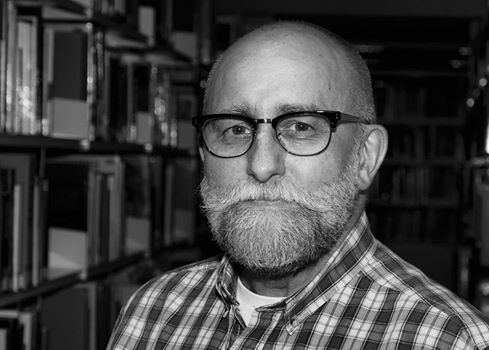
Stephen Thomas Whittle was born in the spring of 1955 and would grow up in working class Manchester. At his birth, he was misgendered as female. He would describe his childhood as “OK” but could not recall moments of happiness. Following extensive treatment for rickets, Whittle would attend the Havely Hay Primary school and later, under a scholarship, Withington Girls' School. It was during his school years that he would begin to question his gender identity.
Whittle recalls the feelings of his gender confusion at the time quite vividly. On sports days he would become distraught for being placed in the girls racing team because, on the inside, he felt he was “running the wrong race” and that there was “no way it was going to change”.
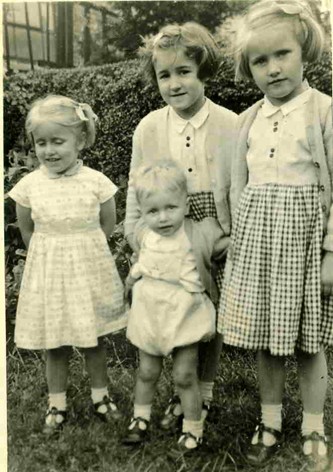
For many years, with no one to talk to and no understanding of what was going on, he would feel shame and confusion, like many trans and non-binary people, for who he was, both in his sexual identity and his desires to wear more masculine clothing.
From a young age, Whittle would work his way through medical books at school, seeking answers to his ‘problem’. He would later come across transgender information while at the doctors.
“I was a pretty unhappy child. It was not a dreadful child, but it was never a happy childhood. There’s a sort of line somewhere between that where seeing everybody else being happy and knowing you were always unhappy, is quite depressing as a kid.” – Whittle, on his experience as a child
In 1975, following an incredibly difficult experience, he would begin hormone replacement therapy. But in order to obtain such treatment, Whittle would need to evidence that he was ‘serious’ and ‘committed’ to become a man by living his life as such for at least a year. But with no one knowing who he truly was, this would become one of Whittle’s hardest battles yet.
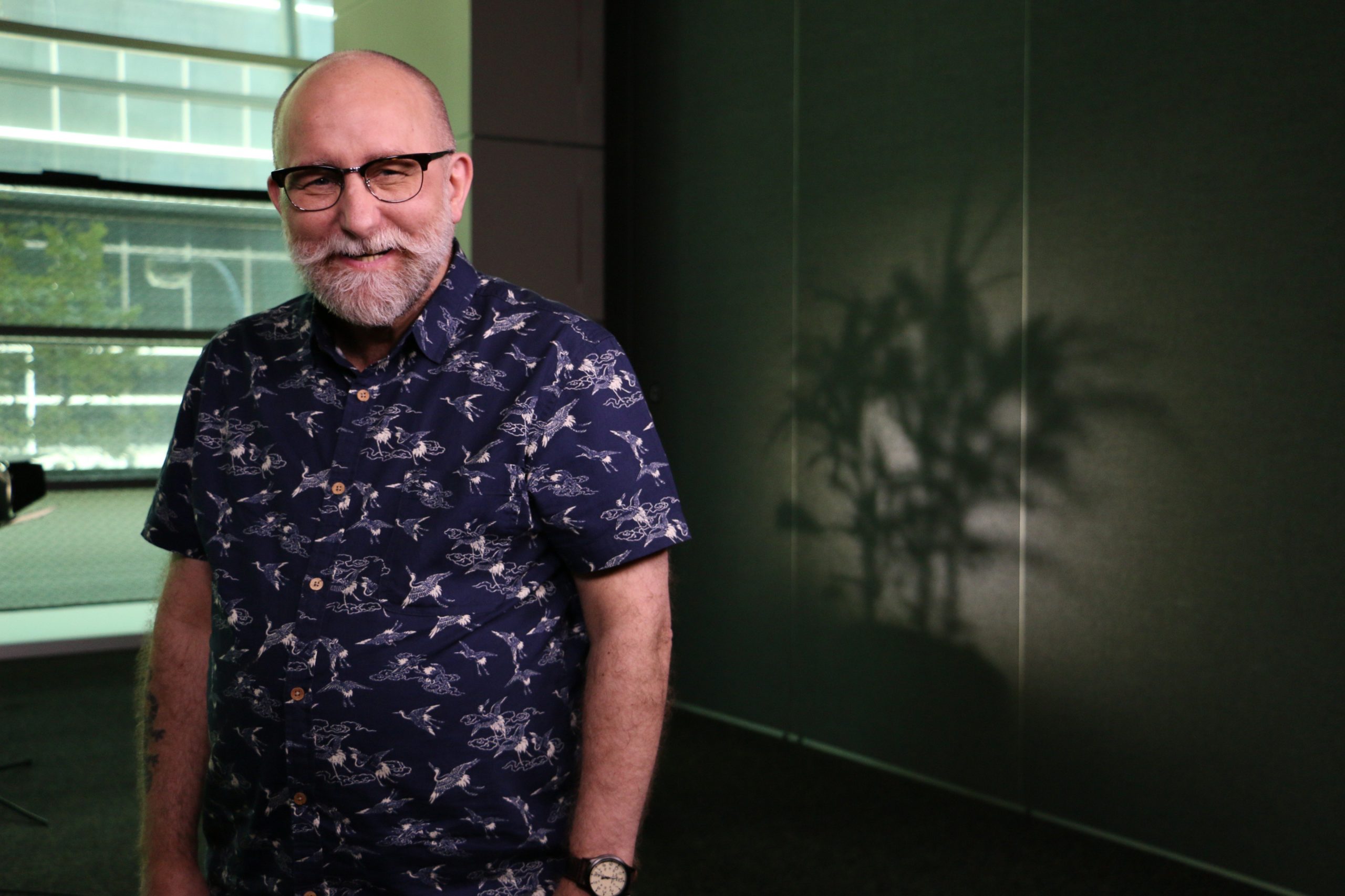
Following observations from his boss, who had realised Whittle was not quite himself, he opened up about his predicament. At the time, Whittle was 20 and working at a university, making this an incredibly brave moment in his life. A moment that could end his career, ostracise him from society and lead to a life unknown. Thankfully, and quite pleasantly, his manager supported him with this without hesitation and told him this would not be a problem.
Following a fortnight’s leave, Whittle would return to work and be greeted as Stephen. Of course, there were a few hiccups, but he continued his masculinise affirmation mission to be himself. A year later, at 21, he would revisit his therapist for the hormone therapy he so justly deserved.
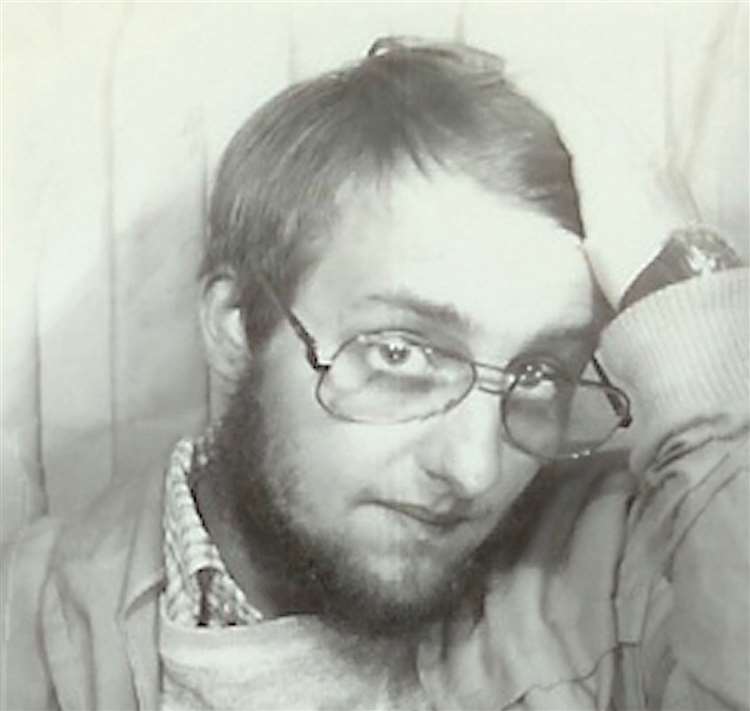
Sadly, upon returning to his psychiatrist, and having met all the requirements to be considered for hormone therapy, Whittle case was flippantly disregarded. The therapist considered his slender, feminine physique irrefutable evidence that Whittle was not committed and therefore not ready for such a monumental procedure.
Whittle was devastated and broken. His determination to achieve his one and only life goal seemed for naught. The day had meant everything to him but instead it took everything from him. All that was left were thoughts of suicide. *
Thankfully, after receiving a fax about the outcome, Whittle’s family doctor was waiting for him at home and would prescribe him the hormones he needed. This incredibly brave act itself would lead to a 2-year medical ban for her; but the risk of his life was all that she cared for. **
Whittle was highly active in the trans community (before and after transitioning) and would support many organisations including the Manchester TV/TS group, the UKs first trans support group, in 1975 and SHAFT (Self Help Association for Transsexuals) in 1979.

Ten years later he founded the UK’s FTM Network and later the Press for Change in 1992, a legal advocacy group with the aim to change the press’s views on trans people and, ultimately, the law. Amidst all this Whittle also held many roles as part of The Gender Trust.
After fellow trans man, Mark Rees, would fight his way to the ECJ in 1986 to obtain legal recognition as a man, but lost. Knowing that a lack of legal knowledge was the issue, Whittle would go on to further education to change just that.
Academically, Whittle received a BA in Geography in African and Asian Studies (1981). Whittle would then complete an LLB in Law (1990) and an MA in Crime, Deviance and Social Policy. Finally, in 1995, he would complete a PhD in Transexuals and the Law at Manchester Metropolitan University. The following year, Whittle would take trans rights to the ECJ.

In the case of P v S and Cornwall County Council, following the redundancy of a Senior Education Administrator, it was discovered that her dismissal was due to the fact she was trans. The case was won, and it would obtain protection against trans discrimination in the workplace across Europe, under the Equality Treatment Directive of 1976.
Following this, Whittle and Press for Change would again seek justice at the ECJ in K.B. vs NHS Pensions Agency whereby a nurse wishes to marry her trans husband as a means to secure his right to her pension upon her death. It was another win for justice and trans rights saw progression leading the way.
I could go on and on with these happy victories, but for the full details (or short summaries) check out The Law tab at Press for Change for some truly remarkable achievements for Whittle and the team.
Continuing the legal and educational campaign he started in the 90s, Whittle has remained the Vice-President for Press for Change during its 29-year history. The organisation continues to campaign, advocate, educate and lobby for trans rights across the world. Their work has impacted society on a political and social level and in the late 90s would go on to support the development of Coronation Street’s Hayley Cropper, the first trans character in a British soap opera. The impact of this character itself would even go on to influence marriage legislation within the UK.
Despite being diagnosed with Multiple Sclerosis nearly 20 years ago, he continues to teach at Manchester Metropolitan University and is involved with many protests and activist campaigns around equality and inclusion and even Brexit.
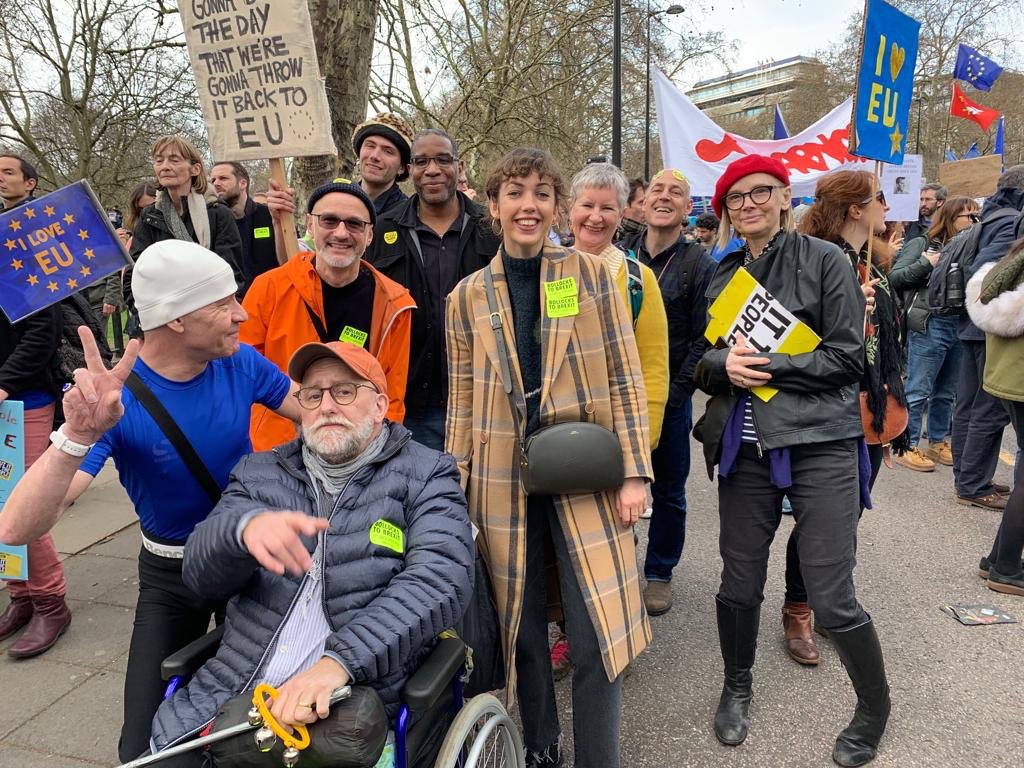
In addition to the aforementioned work with Press for Change, Whittle’s varied career includes Transgender Europe and more than 6-years with the World Professional Association for Transgender Health. Whittle is also Professor of Equalities Law at Manchester Metropolitan University and has been with the institution since 1993, with regular consultation on transgender law reform.

In recognition of his work, Whittle is the recipient of the National Transgender Lifetime Achievement Award, the Stonewall Award from the American Bar Association, Frank Kameny Life Time Achievement Award, The Virginia Prince Lifetime Achievement Award and the Human Rights Award for his dedicated work for the advancement of trans rights. He is also a Fellow of the Academy of Social Sciences.
In terms of personal victories, in 2005, following the passing of the Gender Recognition act the year before, Whittle and his partner since 1979, Sarah, would achieve another monumental moment together and adopt their children, legally confirming Stephen as their father. This relieved his fears that his four children could one day be orphans if his wife were to die.
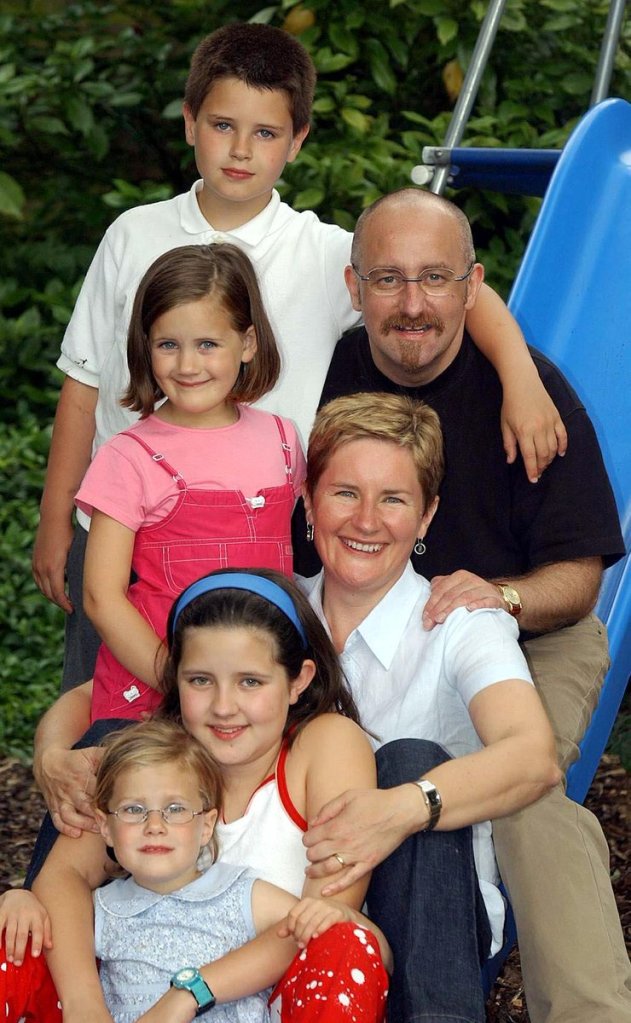
Thank you for your hard work Stephen. Thank you for remaining vigilant and being the pillar of strength for those who could not fight this fight. Your work and your legacy has changed the lives of so many and the trans community will forevermore be indebted to you.
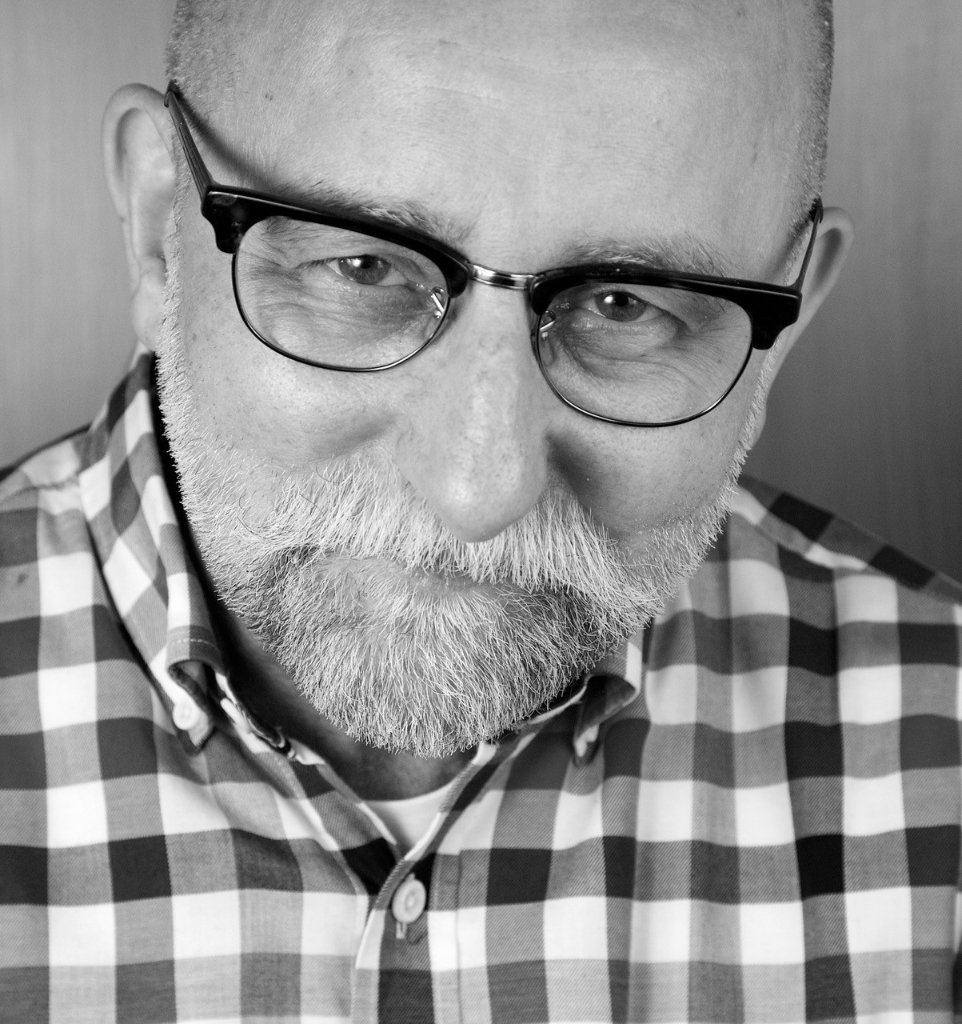
You can keep up to date with the work of Stephen Whittle via his Twitter. You can also learn more about him and his work through these intimate interviews I discovered while researching this piece via the Audio section of Press for Change.
- The Guardian – Understanding the fight over trans rights — part 1 and part 2 (Whittle is absent from the latter)
- Just Plain Sense – An Interview with Stephen Whittle OBE
-
* To anyone experiencing thoughts of self-harm or suicide please seek immediate medical assistance. You are not alone, and you will be supported in a safe environment in whatever way you decide.
For members of the University of Bath community who wish to speak to someone about their gender identity and/or their wellbeing in a safe and confidential environment, please contact lgbt-staff@bath.ac.uk or your HR Advisor/Business Partner. For students please contact su-transgender@bath.ac.uk or the Wellbeing team in Student Services at wellbeingservice@bath.ac.uk or call 01225 38 3838.
** I am bestowing her with the title of Queero for her act of bravery in the face of ignorance and adversity. May the diligent work of all healthcare professionals in the fight for LGBTQ+ rights never be forgotten and never be ignored. You are and always will be our Queeroes.
Responses
